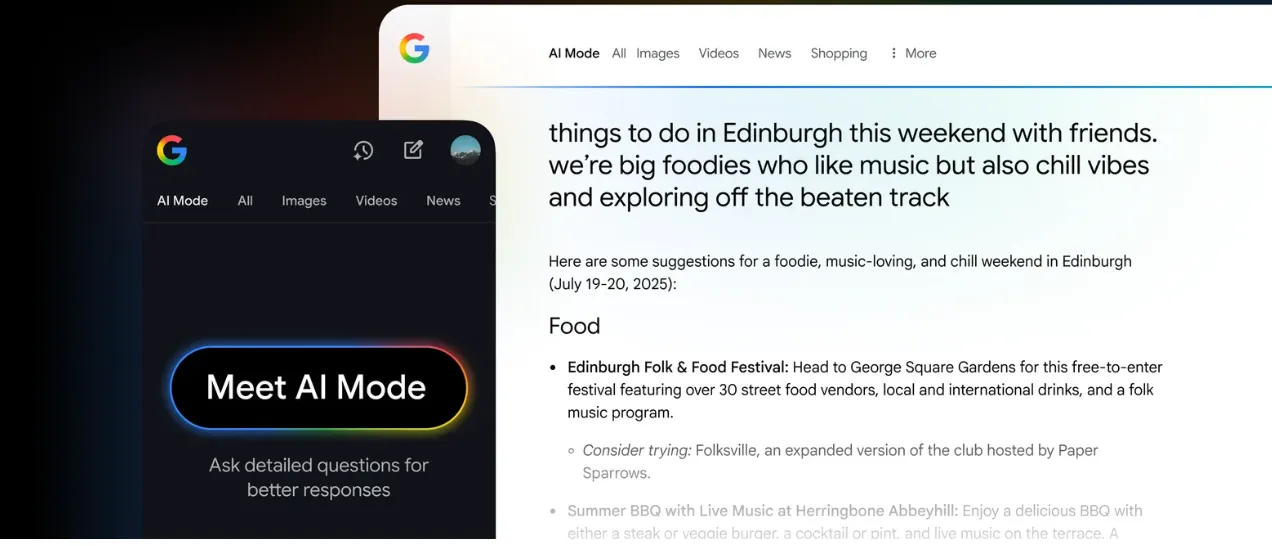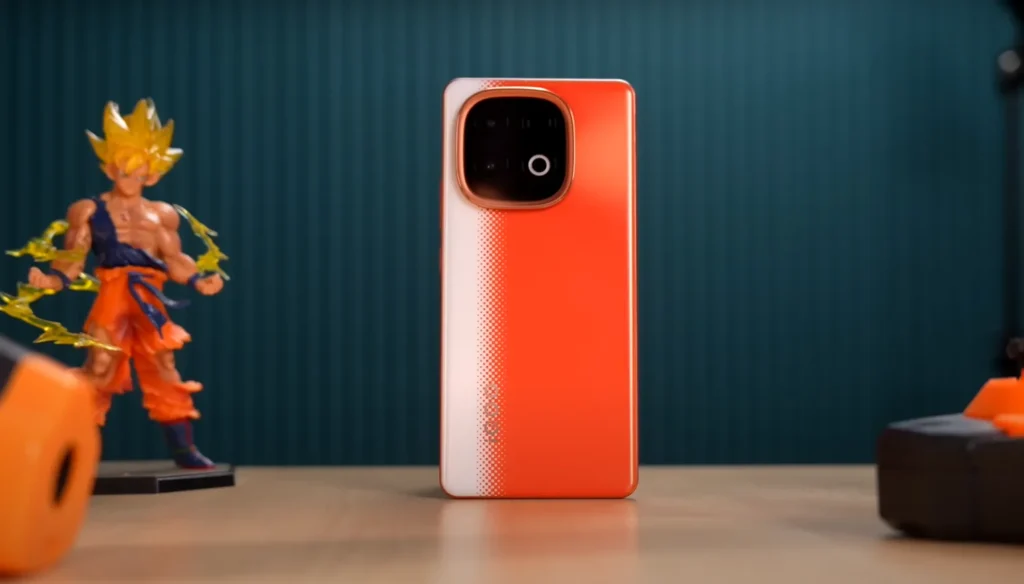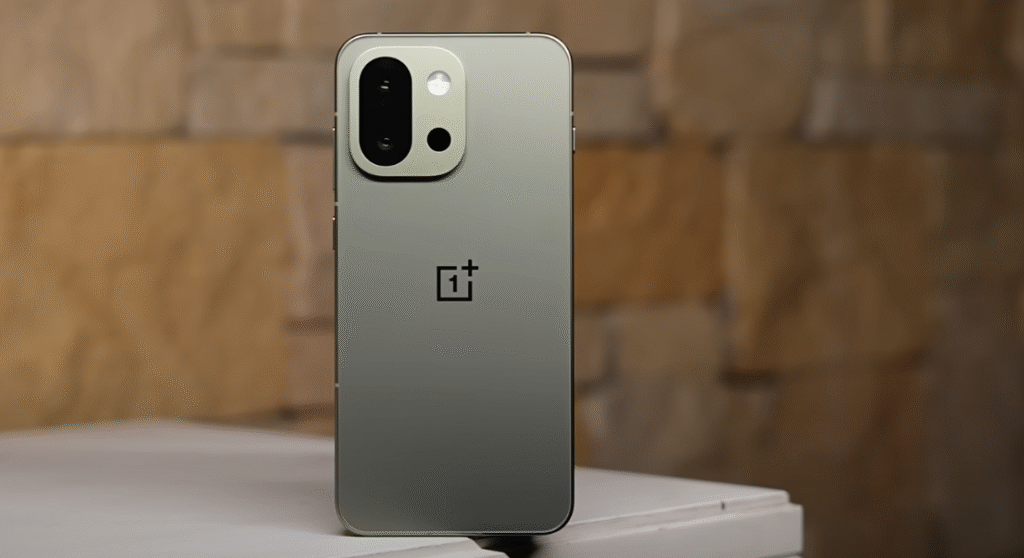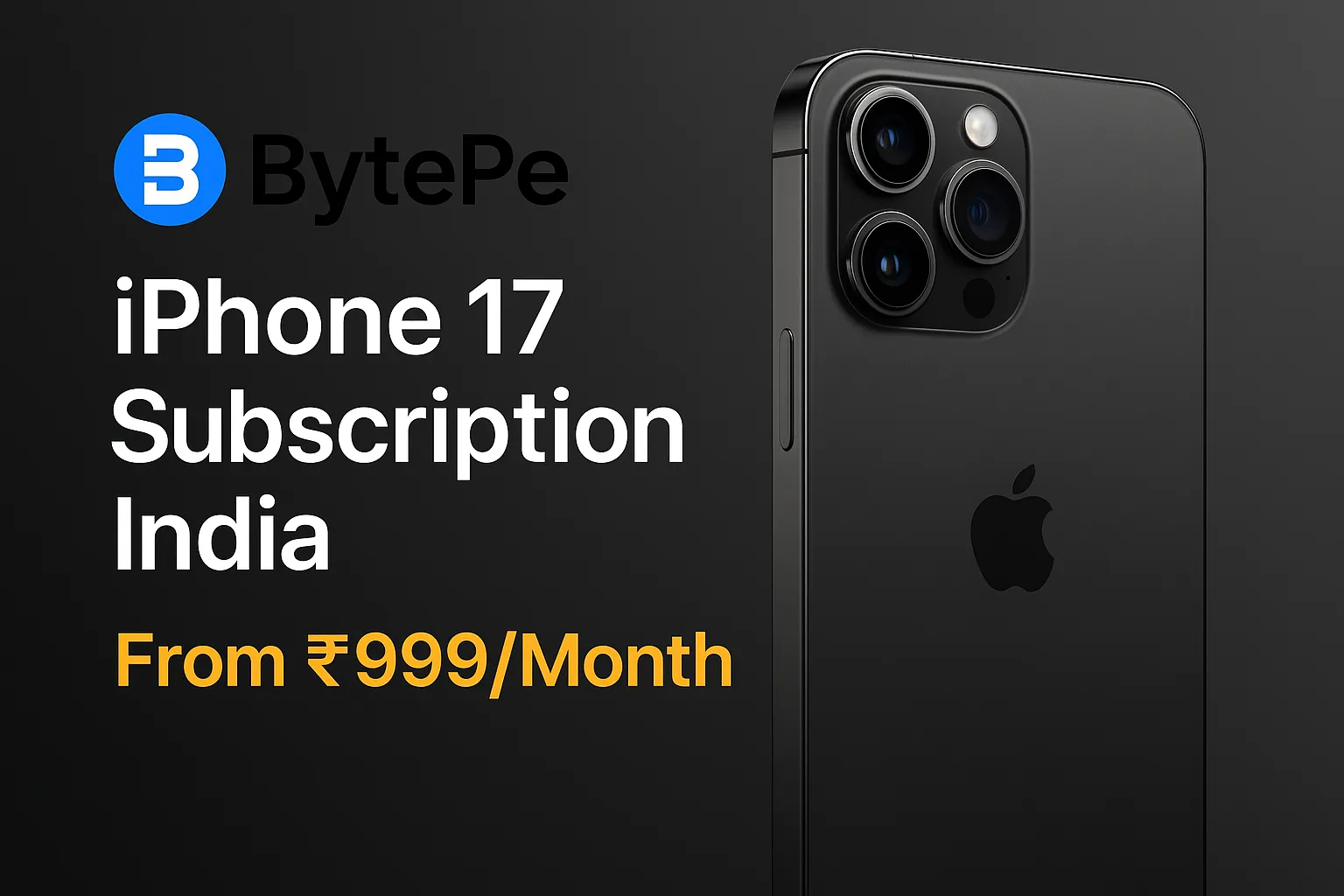Let’s not mince words: the search game just got real. Again. Google, never shy about redefining how we interact with the web, has officially rolled out its new “AI Mode” in the UK. It is not a quiet update tucked behind patch notes. It is front-and-center, bold, and a bit experimental—like a prototype that somehow slipped into production. And honestly? It is kind of brilliant. Kind of weird too. But mostly, it’s a glimpse into what “google ai search” might become in a post-keyword world.
What Is Google AI Search’s AI Mode—and Why It Matters
Google rolls out google ai search with AI Mode built on Gemini 2.5, using a “query fan‑out” trick: it splits long, convoluted questions into dozens (sometimes hundreds) of mini‑queries, runs them in parallel, then weaves a concise answer—complete with links.
It’s not just traditional AI in search summaries. It’s deeper. It’s conversational. It’s multimodal—text, voice, or images. And it’s live in the UK now via the new AI Mode tab on Search and the Google app.
Is Google AI Search Free?
Yes, for now. It is part of the standard Google Search experience in supported regions (the UK, at the time of writing). No paywalls, no subscription prompts—just toggle into AI Mode and go.
But if you are wondering whether this is Google’s future money-maker, you would not be alone. The smart money says targeted AI-generated shopping comparisons and ad-laced suggestions are only a few tweaks away. And hey, who can blame them? Monetizing intent is Google’s bread and butter.
How to Try Google AI Search AI Mode in the UK
- You’re 18+ in the UK? Got English set as your language? Step 1: open Google Chrome or the Google app.
- Step 2: Sign up via Search Labs—or skip that entirely: in the UK, AI Mode is live without waiting.
- You’ll now see an AI Mode tab or selector—super intuitive. Try asking multi-part stuff like:
“Weekend ideas in Edinburgh with foodies and chill vibes, music, off‑beat trails”…or upload a photo and ask “what’s this bird?” …and get conversational answers.
Real‑World Use Cases
Planning Trips That Actually Make Sense
Seen Google’s demos? A single prompt like: “Family getaway that entertains a picky teen and my in‑laws who want spa time,” and AI Mode designs the plan. Real hotels, real hikes, actual itineraries. That’s google ai search free planning—no paid subscription required.
Product Comparisons, Complex How‑Tos, Research Deep Dives
Need to compare smart rings, apps, sleep mats? AI Mode does more than list products: it reasons through differences. That’s where AI in search moves from service to partner. And your follow‑ups flow naturally.
Multimodal Sass
Text? Voice? Lens? Upload a leaf or a packaging label—ask what it is. AI Mode processes images. I tried snapping a photo of my knee (ouch) and asked about rehab exercises. Quick, sourced guidance.
The Paradigm Shift: AI in Search Gets Personal
What sets this apart from, say, Bing’s early AI integrations or Perplexity’s clean interface, is how seamlessly Google has sewn it into the fabric of its ecosystem. Logged into your account? The search results start to shape themselves around your habits. If you often click on tech blogs, AI Mode highlights them more. If you usually ask local questions, it leans that way.
Clever? Absolutely. Creepy? A little. But undeniably effective.
What the Critics Are Saying (And What They Aren’t)
While some early adopters are praising the time saved and the depth of answers, others are raising red flags. Journalists, content creators, and SEOs see a not-so-subtle siphoning of clicks. If the AI summarizes everything up top, what happens to the rest of the web?
Google insists it is sending traffic to sources—and to be fair, links are included—but let us not pretend the dynamics of online visibility are not shifting dramatically.
What Challenges Will Google AI Search AI Mode Face?
- Accuracy. There are early reports (UK Reddit chatter, real use cases) where AI Mode leaned on questionable sources—mistaking speculation for fact.
- Transparency. Users like seeing how answers are formed. Google tries: it shows links, notes confidence. But there’s subtle skepticism ahead.
Imperfect early‑stage rollout. Google admits AI Mode, like any AI, misfires. They’ve built fallback: if confidence is low, it shows traditional results. That’s smart.
Why This Is a Big Deal (Even If You Do Not Feel It Yet)
This is not just about a fancier search box. Google AI search is reshaping how knowledge is consumed. Less hunting, more skimming. Fewer sources, more synthesis. That changes how ideas are spread, how authority is built, and yes, how misinformation could quietly gain traction under a veneer of fluency.
And here’s the twist: it feels natural. That’s what makes it so potentially paradigm-breaking. It just works.
Final Thoughts: Is AI Mode the Future of Google Search?
Hard to say. But if you ask me—as someone who has broken more than a few gadgets, clicked through thousands of search results, and tried every major AI chatbot—this feels like one of those shifts you only recognize in hindsight.
Google AI Search might just be the new normal. Or it might be another feature that quietly fades away like Google+. But today? Today it feels like a milestone.
Have you tried Google’s new AI Mode in search? Loved it? Hated it? Somewhere in between? Let us know in the comments. This conversation is only getting started.












Leave a Reply
You must be logged in to post a comment.